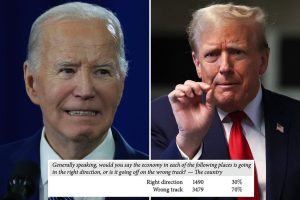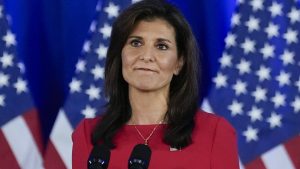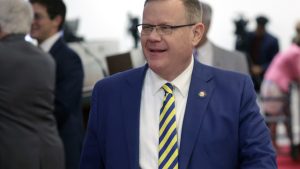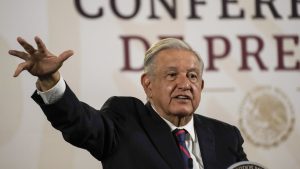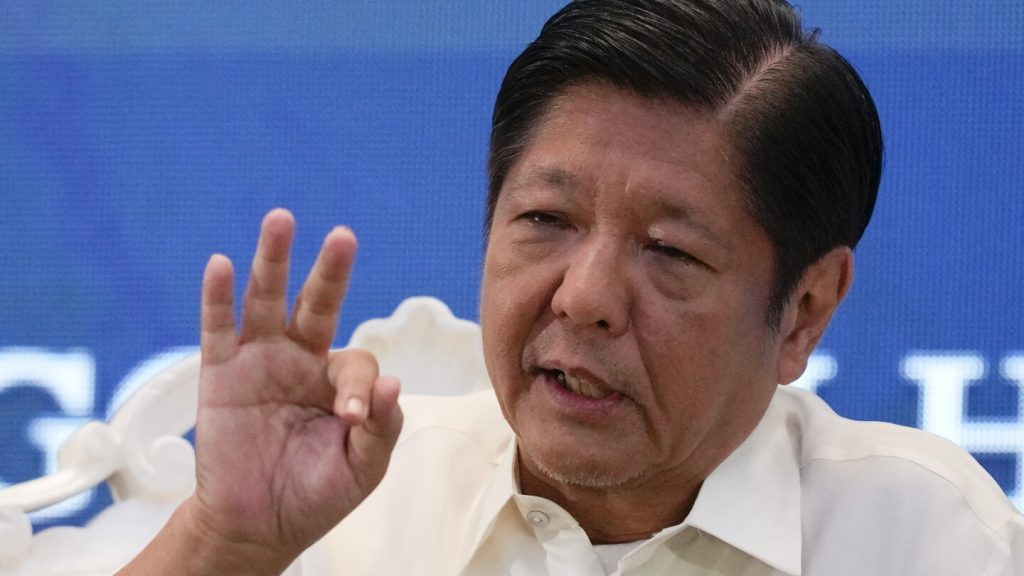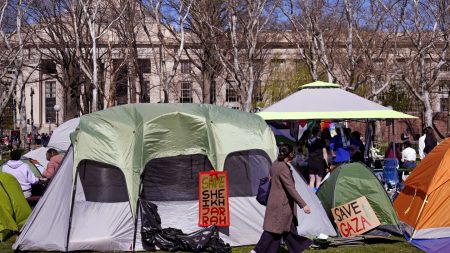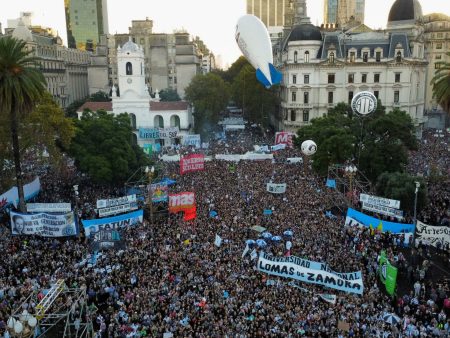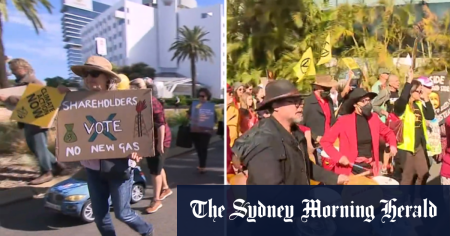President Marcos Jr. of the Philippines announced that his administration has no intentions of allowing the United States access to additional military bases in the country. This decision comes after allowing American forces access to four additional Philippine military bases, bringing the total number of sites where U.S. troops can rotate indefinitely to nine under a 2014 agreement. This move was in response to China’s aggressive actions in the disputed South China Sea, with the Biden administration also strengthening security alliances in the region to counter China’s influence. The Philippine government’s decision to grant access to American forces in strategic locations has raised concerns in Beijing, particularly due to the proximity of two new sites to Taiwan and southern China.
President Marcos emphasized that the Philippines does not plan to provide access to any more bases, reiterating that the presence of U.S. troops on Philippine soil was a reaction to China’s aggressive actions in the South China Sea. He highlighted incidents such as Chinese coast guard vessels using water cannons and lasers to deter Philippine ships, collisions, blocking of Filipino fishermen, and sea barriers at the Scarborough Shoal, which lies within the Philippine economic zone. Under Marcos’ leadership, the Philippines has taken steps to publicize these incidents by allowing journalists to witness China’s assertive actions, with the aim to expose threats to regional peace and stability and challenge the rules-based order in the region.
China has accused the Philippines of provoking confrontations by intruding into what it claims as Chinese territorial waters and reneging on agreements regarding territorial outposts in disputed areas. President Marcos stated that he was not aware of any such agreements and considered them rescinded, if they ever existed. Last week, President Joe Biden reaffirmed Washington’s commitment to defend its Pacific allies, including the Philippines, in a summit with President Marcos and Japanese Prime Minister Kishida. The U.S. reiterated its obligation to defend the Philippines in the event of any armed attack on its forces, aircraft, or ships.
President Marcos mentioned Defense Secretary Lloyd Austin’s statement regarding the 1951 Mutual Defense Treaty between the U.S. and the Philippines, indicating that it could be invoked if any Filipino serviceman is killed in an attack by a foreign power. This highlights the importance of the security alliance between the two countries and the commitment to mutual defense in the face of territorial hostilities, particularly with China in the South China Sea. The ongoing tensions in the region have underscored the significance of security alliances and military cooperation to deter potential threats and maintain stability in the Indo-Pacific region.
The Philippines’ stance on maintaining its military bases and cooperation with the United States reflects a strategic approach to address security challenges in the region, particularly in response to China’s expanding influence and activities in the South China Sea. President Marcos’ administration has emphasized the need to uphold international norms and rules-based order in the face of aggressive actions by China, while also seeking to deter further escalation through diplomatic means. The ongoing engagement between the Philippines, the United States, and other allies in the region is aimed at strengthening security cooperation and deterring threats to regional stability, with a focus on upholding maritime security and promoting peace in the Indo-Pacific.


